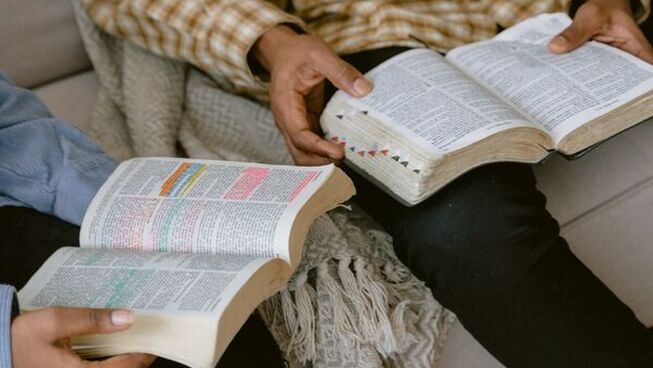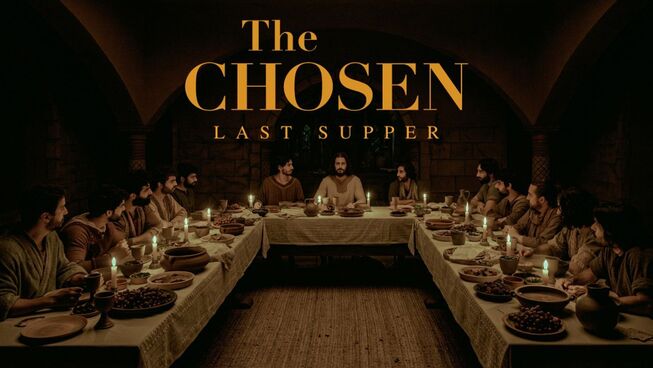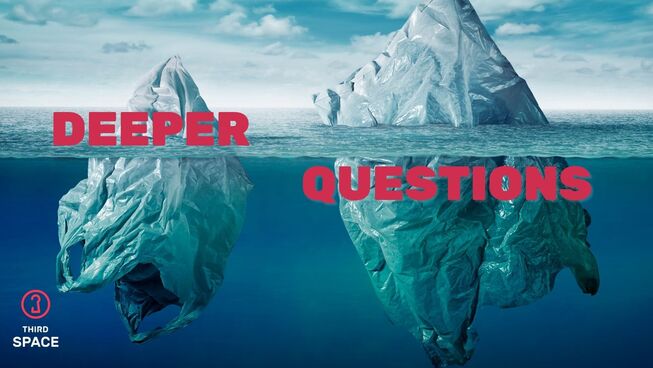Ep 212: Why should we believe the Bible if we can't agree on what it means?
The Bible is a large and complex book, but is it clear at all or can you just make it say whatever you want it to say? We confront this big question by exploring how different people used the Bible to either justify or abolish slavery.
Our guest: Andy Judd. Andy works at Ridley College in Melbourne. He’s worked as a church pastor, played in a band and has recently completed a PhD on Biblical interpretation.
Invest in Bigger thinking for as little as US$1 per podcast on Patreon.
Bigger Questions asked in the conversation
Smaller Questions
To kick off Bigger Questions we like to ask a couple of smaller questions - just to get us thinking. Today we’re asking Andy Judd about Biblical interpretation. So Andy, I thought we’d test you on how much you know about an issue that has caused much disagreement about what the Bible actually says.For our smaller questions, I’m going to give you three quotes about an issue of Biblical interpretation over which there has been much disagreement. A key word of the quote has been blanked out and you just have to tell me what the blanked word is.
The problem of interpretation
So our smaller questions reveal a problem don’t they? Smart people hold distinct and in fact opposite views on what the Bible is saying on a pretty substantial issue - some say the BIble advocates for slavery and others say the Bible is a freedom manifesto - so whilst today’s big question isn’t trying to necessarily resolve the slavery question - it does highlight the big question of how can the Bible be authoritative - or from God - if there is disagreement about what God actually says?
So is there a correct reading? Can we say that someone is right or wrong? Or is it all subjective?
The Bible’s reflection - story of slavery
So maybe we should apply our thinking to a particular part of the Bible and connects with the issue of slavery in the Bible - in the Old Testament book of Genesis with the story of the slave woman Hagar from Genesis 16. Genesis 16:1-2 says
Now Sarai, Abram’s wife, had borne him no children. But she had an Egyptian slave named Hagar; 2 so she said to Abram, ‘The Lord has kept me from having children. Go, sleep with my slave; perhaps I can build a family through her.’
So - here Abram and his wife Sarai, some of the great figures of the Bible, clearly own slaves, so how are we to interpret this? Doesn’t this reinforce Richard Furman’s comment that the right of holding slaves is clearly established in the Holy Scriptures, both by precept and example So doesn’t the Bible advocates owning people as property?
However atheist Matt Dillahunty uses passages like this to attack the credibility and morality of the Bible by asking, “If you were God, would you ever include a passage which says it's ok to own people as property?”
Andy’s personal reflection - so what?
Can you still believe the Bible - even though there is a lot of disagreement about what it says?
The Big Question
So Andy, why should we believe the Bible if we can’t agree on what it means?









